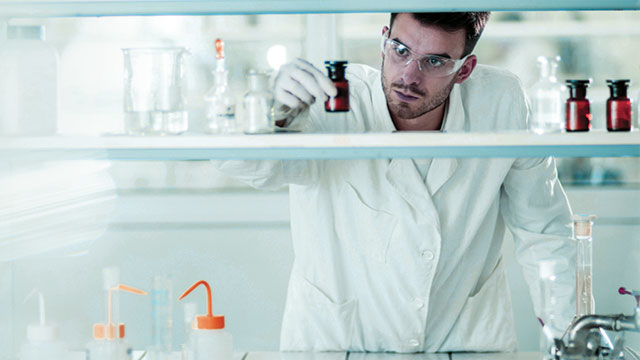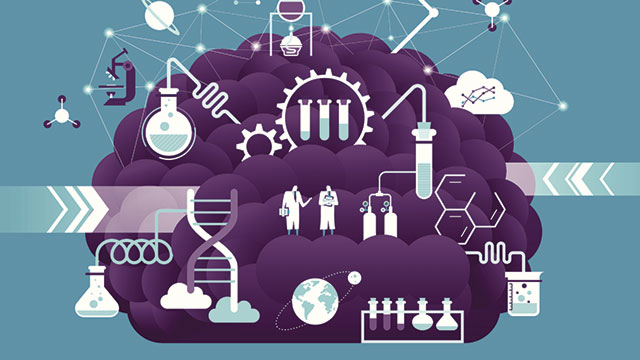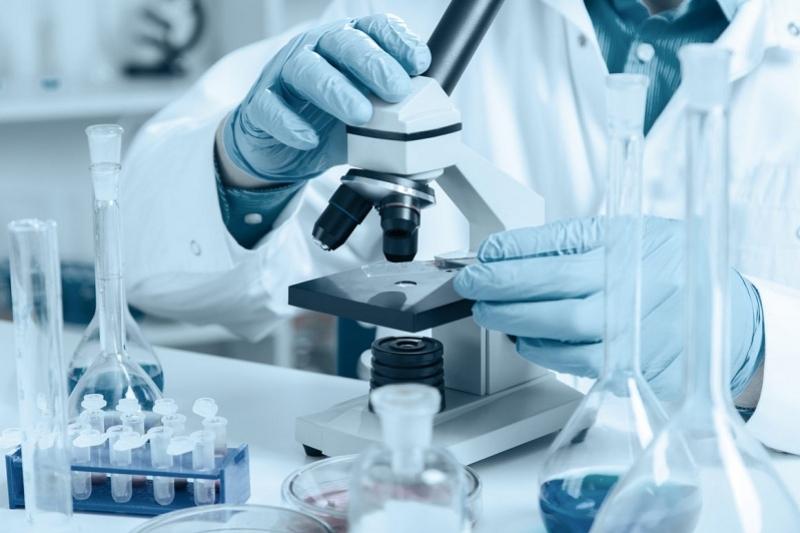

After completion of the course the participants will be able to:
Laboratory managers, Analytical chemists, medical scientists, laboratory supervisors, research and development scientists, microbiologists, food technologists and quality assurance/control managers.
This interactive Training will be highly interactive, with opportunities to advance your opinions and ideas and will include;
Day 1
Day 2
Day 3
Day 4
Day 5
BTS will issue attendance certificates to all attendees after attending the course duration.
| Code | Date | Venue | Fees | Register |
|---|---|---|---|---|
| LAB113-01 | 26-04-2026 | Casablanca | USD 5950 | |
| LAB113-02 | 12-07-2026 | Amman | USD 5450 | |
| LAB113-03 | 21-09-2026 | Istanbul | USD 5950 | |
| LAB113-04 | 15-11-2026 | Dubai | USD 5450 |

Quality management of the laboratory according to international standards is important in order to enhance the laboratory system and environment. Laboratories use ISO 17025 to implement a quality syst ...
.jpg)
Quality management of the laboratory according to international standards is important in order to enhance the laboratory system and environment. Laboratories use ISO 17025 to implement a quality syst ...

This course will help motivate dispirited teams of chem¬ists and technicians to accomplish high quality work. It is very important to the lab supervi¬sors and managers to learn how to create the succe ...
 Certification, SOP, Accreditation, Documentation And Auditing.jpg)
Making the decision to implement ISO/IEC 17025 can be critical to the overall success of a laboratory. However, the manner with which it is implemented is even more crucial, because if properly done, ...

• Laboratories can expect to be under continuing pressure to meet more exacting ‘good measurement practice’ requirements, as detailed in ISO/IEC 17025 and related laboratory accreditation standards. I ...
Providing services with a high quality that are satisfying the requirements
Appling the specifications and legalizations to ensure the quality of service.
Best utilization of resources for continually improving the business activities.
BTS keen to selects highly technical instructors based on professional field experience
Since BTS was established, it considered a training partner for world class oil & gas institution
1st floor, Incubator Buildingو Masdar City, Abu Dhabi, UAE
Sun to Fri 09:00 AM to 06:00 PM
Contact Us anytime!
Request Info